Meet David Unger
David Unger is one of Guatemala’s most distinguished writers. In 2004 he won the country’s most prestigious literary prize, the Premio Nacional de Literatura Miguel Ángel Asturias. His novels – The Mastermind; The Price of Escape; Life in the Damn Tropics; and most recently, In My Eyes You Are Beautiful – have taken inspiration from some of Guatemala’s most interesting chapters and brought him worldwide success.
He’s also written children’s books like Sleeping with the Light On, set against the fearful backdrop of 1950s Guatemala, and earlier this year he published José Feeds the World: How a Famous Chef Feeds Millions of People in Need Around the World, about World Central Kitchen founder José Andrés, whose organization showed up after Volcán de Fuego killed or displaced hundreds of Guatemalans.
Unger is also fearless as a translator, taking on some of Guatemala’s heftiest literature: The Popol Vuh (the Maya creation myth, Miguel Ángel Asturias’ masterpiece and Nobel Peace Prize-winning novel El Señor Presidente, as well as children’s books by Guatemala’s other Nobel winner, Rigoberta Menchú.
It’s been ten years since you were awarded the Premio Nacional de Literatura Miguel Ángel Asturias. What was that experience like and how did it impact your career?
Receiving the prize was simply amazing. I knew that I had been bestowed the most important prize I could have aspired to. I had been nominated by Denise Phe-Funchal, with the support of Raul Figueroa, and I felt that my writing and contributions to Latin American letters had been recognized in my birth country. In Guatemala, it was significant. In the States, where I live, it was simply a drop of water in the ocean.
El Señor Presidente isn’t just the most important Guatemalan novel to date, many including yourself consider it the most important novel published in Latin America in the 20th Century. What was it like taking on the translation of a book of that stature?
It was a humbling experience to tackle Asturias’s masterpiece and, yes, the most important Latin American novel of the 20th century. The challenge, for me, was to bring forth into English the kaleidoscopic experience of reading this amazing novel. I knew that I wanted to create a reader-friendly translation that would reflect the power, poetry and intensity of the original.
Asturias was writing about a period of Guatemalan history that occurred a little more than 100 years ago. Do you think he would recognize the Guatemala of today?
I think he would be very pleased with the election of Bernard Arevalo, whose father ushered in Guatemala’s ten-year democratic spring in 1944. He would have seen the regimes of Rios Montt, Perez Molina and Jimmy Morales as the logical extension of the Estrada Cabrera dictatorship of 1898-1920. Until the economic and social inequities in Guatemala are redressed, nothing will change. Berny is facing amorphous, ever-changing corrupt forces that percolate throughout the surface of Guatemalan society—the military, proto-Fascist elements, certain entrenched business elements and the narco gangs.
Gerald Martin’s translation of Hombres de Maiz has been nearly impossible to find for years but will be republished in the fall. What are your thoughts on this translation?
I have nothing but admiration for Gerald. I have never met him, but I hope to do so in ten days during FILGUA. He has singlehandedly established Asturias’s reputation in Latin American letters through his doctoral thesis and many essays. I am sure that his revision of his earlier translation of Men of Maize will be a translation to celebrate!
Your books have mined Guatemala’s history for your books, is there any chapter that you’ve really wanted to explore but haven’t yet?
Hmmm. You do ask provocative questions. I have a friend, the Guatemalan poet and essayist Jaime Barrios, who would like me to write a novel about the U.S. role in Guatemala in the ’70s, but I don’t know if I can actually write a novel about that period. I am not a traditional novelist who sits at his desk every day—I don’t think I could ever work that way. I need something to get under my skin in such a way that I won’t be satisfied until I expose it.
You only lived in Guatemala for the first few years of your life and then spent subsequent summers in the country, yet most of your literary output is Guate-centric. What is it about Guatemala that captured your imagination as a writer?
You have certainly done your work! I think our departure from Guatemala in 1955 was rather traumatic. I didn’t really understand why my parents sold our restaurant in the zona 1 to emigrate to the U.S. I’ve totally blocked out the month or so that my brothers and I lived with my Uncle Manuel and his family in Guate while my parents bought a home in Hialeah, Florida. I didn’t understand why we had to move. When my brothers and I started to spend summers in Guatemala when I was 7 (my mother was a secretary for Pan American Airways—ergo, free flight tickets), I felt I had regained paradise. Florida was always a kind of Purgatory, and I was extremely happy when I got accepted to a college in Boston, just to get away.
Your latest novel is told through the point of view of an indigenous woman, which feels risky in a time when “cultural appropriation” is a hot topic. I know this was published in Spanish (in 2011) before that was an issue, but was there any hesitance to move ahead with the English version (2023) considering the climate today?
Well, In My Eyes, You Are Beautiful would have been published by Random House in 2011 if the “academic marketing” department hadn’t shot down the acquiring editor’s efforts. I was a bit puzzled by that development. I never felt that I was appropriating the narratives of First Nation People’s by writing this novel—I simply wanted to tell a story based on years of observation and research. It was published in 2023 by Canada’s Mosaic Press—we toyed with the idea of publishing it under a female pseudonym—but it’s curious that Publishers Weekly, Kirkus, and Library Journal all “passed” on reviewing it. The U.S. is a country stuck in a sort of adolescent stricture that is often laughable. That’s why I admire Perceval Everett so much! His novel Erasure attacked expectations of what African-American writers can say and write about and his most recent novel James—based on Twain’s Jim from The Adventures of Huckleberry Finn—is easily the best novel I have read in the last decade. Yes, it “updates” Twain, but Everett does so with love, tenderness, humor and humility.
You said in an interview last year that you didn’t think you had any more novels in you. Does that still stand today?
I’m afraid so. I’ve reached the Taoist stage of He who speaks does not know; he who knows does not speak. There’s a lot of noise outside and there are lots of young, talented writers beginning to publish. I don’t think I have anything novel to say and surely don’t want to publish anything like Garcia Marquez’s tepid posthumous novel.
Your most recent book is José Feeds the World, about José Andrés and his World Central Kitchen. Was the book your idea or how did you get involved with the project?
Actually, my publisher friend Mauricio Velazquez (Duo Press/Sourcebooks) asked me if I would be interested in writing a non-fiction children’s book. When he mentioned the subject of the book, I couldn’t have been happier. I have long admired José Andrés for his tenacity and humanity, and, also, for his intelligence and culinary skills. I actually felt honored to be able to write about someone of his stature.
In that book you ask children to explore their own calling. What do you feel was your calling and how has it changed over the course of your literary career?
My calling has always been to speak honestly and poetically, with regard to the larger social issues. I feel a kinship with those groups who have either been silenced or not had the opportunity to speak in a forthright manner. As much as I rue the day we came to the U.S., I do recognize that my willingness to speak out openly and forcefully about what I believe is right and wrong is a result of that departure.
What Guatemalan writers have influenced you the most and which contemporary Guatemalan writers interest you?
Outside of Asturias and Otto Rene Castillo, I don’t think any of Guatemala’s great writers have influenced me. I would say that reading Steinbeck, Austen and Raymond Chandler, as well as reading Blake, Plath and Roque Dalton have been the biggest influences. I have the utmost admiration and respect for the work of Denise Phe-Funchal. We are friends, but I do find her themes and the compactness of her writing stunning. I also am an admirer of the writing of Jose Luis Perdomo and Javier Mosquera Saravia, both of whom went into exile in the ’80s and returned to Guate from Mexico in the ’90s and have much to say. Francisco Goldman is a terrific writer though like me writes in English. As a translator, I have a huge debt to pay to Hardie St. Martin, born in Monkey River, Beliz,e to a Guatemalan mother and a French-American father, who introduced me to the work of poets like Cernuda, Miguel Hernandez and Roque Dalton. He was my translating master. And I want to make a shout out to Raul Figueroa Sarti of F y G Editores, who has published three of my books and dozens of others by Guate’s most important writers—Guatemalan letters would be invisible without him.
You’ve both written and translated books for adults and books for children. How different is your approach to the different genres?
My approach is always to respect the voice of the author and then, in the words of William Carlos Williams, to write in the American idiom. I love the English language. But to answer your question: I think a writer needs to respect the intelligence of the reader and his/her/their capacity to feel and experience life intensely. In my writing, I want to create a “shift” in my readers—to have them feel that they have gone on a journey, often bitter and painful, that brings them to a new, possibly better, place. This is how I have felt when I have read great poems, plays and novels—brought to a new realm. This is what I aspire to do in my writing—to have characters experience a transformation.
What has been the highlight of your literary career? Is there any one book of yours or translation that you’ve done that is more important than the others?
Getting the Miguel Angel Asturias Prize has been the highlight. In My Eyes, You Are Beautiful allowed me to explore worlds—the indigenous, the feminine, the marginalized—in ways that changed me. On the other hand, The Mastermind has been translated into ten languages so it might be the novel that readers in other countries most appreciate.
Do you have any Antigua memories or tales you’d like to share with the audience of this Antigua-based magazine?
Antigua has always been close to my heart. When I was 21, I spent about a week at a hotel that might have been the Hotel Contreras—I am talking about 1973—that was close to the Parque Central, next to a divvy movie house. In the ’80s, I spent weeks living in both San Lucas and Antigua with my daughters and first wife—I think that those visits cemented my two daughters’ interest in Spanish, in Guatemala, and in seeking careers in immigrant law and reproductive/abortion rights. We visited churches, ruins and walked the cobbled stone streets for hours. Antigua, Ciudad Vieja and San Antonio Aguas Calientes are the backdrop to In My Eyes, You Are Beautiful. The Volcan de Agua is a mesmerizing presence, a friendly spirit that makes the valley there so magical. What a unique landscape.
You can find books by David Unger at all respectable bookstores in Guatemala including Antigua Books.
I would like to thank Señor Troy from Antigua Books for taking the time to Interview David Unger.



